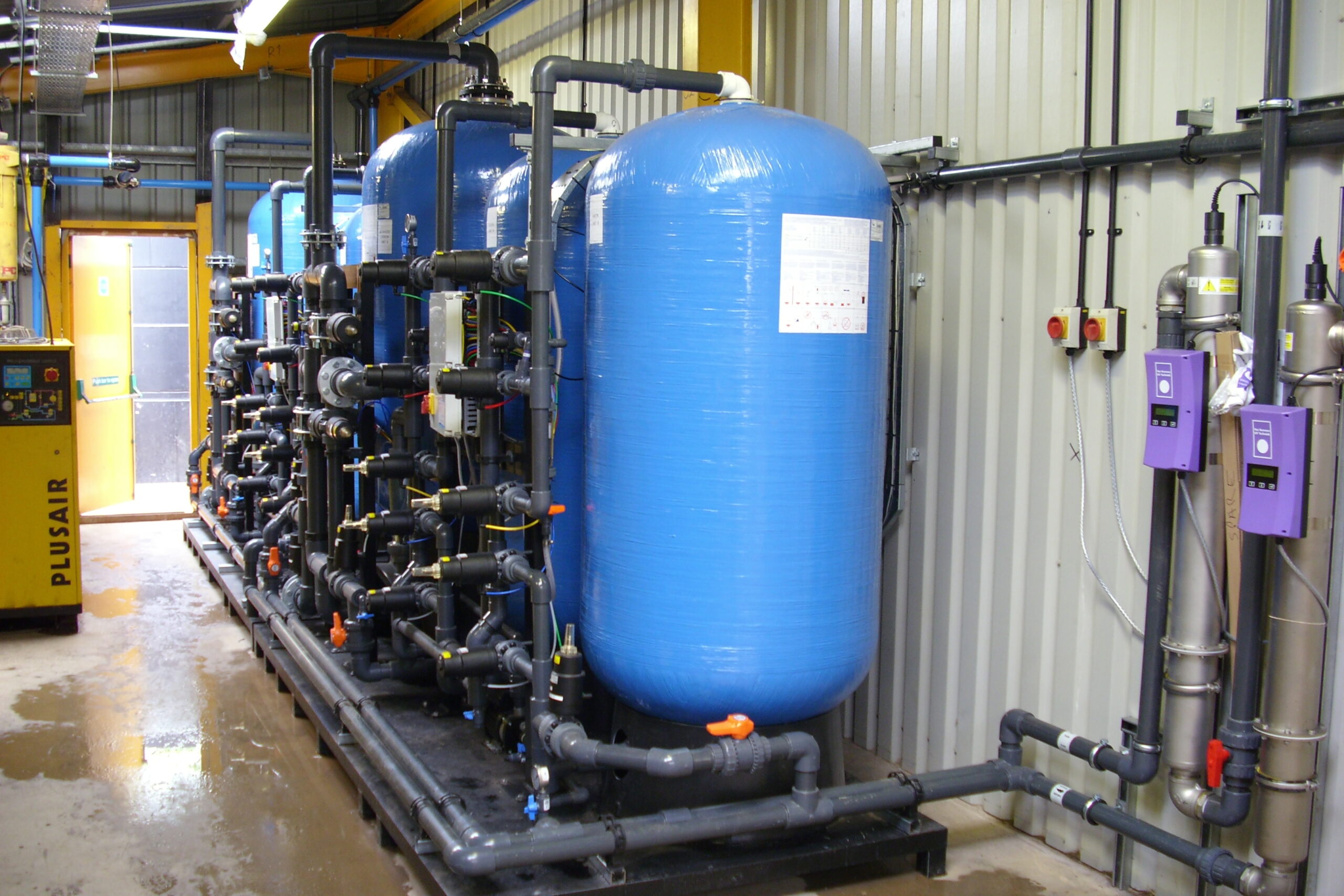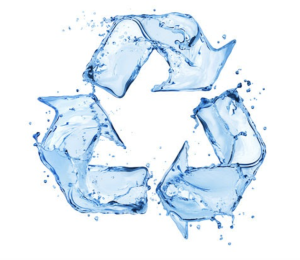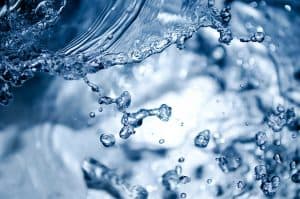Water is a crucial resource for many businesses, playing a vital role in daily operations, from manufacturing processes to providing safe drinking water for employees and customers. Selecting the right commercial water treatment system can be a complex task, given the variety of available options and the specific needs of different industries. This guide aims to simplify the process by highlighting the key factors to consider and the different types of systems available, helping you make an informed decision for your business.
Understanding Your Water Needs
Water Source
The source of your water significantly influences the type of treatment system you’ll need. Common sources include:
- Municipal Water: Typically treated to meet public health standards but may still contain contaminants like chlorine, chloramines, and fluoride, as well as possible lead from ageing infrastructure.
- Well Water: Often contains higher levels of minerals, such as iron and manganese, and may be susceptible to bacterial contamination.
- Surface Water: Includes rivers, lakes, and reservoirs, and can contain a wide range of contaminants including organic matter, sediments, and microorganisms.
Each source has its own set of typical contaminants that need to be addressed by your water treatment system.
Water Usage
Understanding how water is used in your facility is essential for choosing the right system:
- Process Water: Used in manufacturing processes, requiring specific quality standards to ensure product consistency and equipment longevity.
- Cooling Water: Often needs to be treated to prevent scale and corrosion in cooling towers and heat exchangers.
- Potable Water: Must meet strict health standards to ensure safety for drinking, cooking, and hygiene purposes.
Quality Requirements
Different industries have varying water quality requirements:
- Pharmaceuticals: Demand ultra-pure water free from any contaminants to ensure product safety and efficacy.
- Food & Beverage: Requires water that is free from harmful microorganisms and chemicals to comply with health regulations and maintain product quality.
- Manufacturing: Needs water that prevents scaling and corrosion in machinery, ensuring efficient operation and longevity.
Types of Commercial Water Treatment Systems
Filtration Systems
Filtration systems are designed to remove particulate matter, chemicals, and microorganisms from water. Key methods include:
- Activated Carbon Filters: Remove chlorine, and organic compounds, and improve taste and odor.
- Reverse Osmosis (RO): Effective at removing dissolved solids, heavy metals, and other impurities.
- Mechanical Filters: Use a physical barrier to remove particles and sediments.
Each method has specific applications and benefits depending on the contaminants in your water supply.
Softening Systems
Water softening is essential for preventing scale buildup caused by hard water, which contains high levels of calcium and magnesium. Softening systems typically use ion exchange to replace these minerals with sodium or potassium, which do not form scale. Common applications include:
- Hotels and Hospitality: Prevents scale in boilers, dishwashers, and plumbing systems.
- Manufacturing: Protects machinery and improves efficiency.
Disinfection Systems
Disinfection ensures that water is free from harmful microorganisms. Methods include:
- Ultraviolet (UV) Light: Effective at killing bacteria and viruses without adding chemicals.
- Chlorination: A widely used method for ensuring safe drinking water, though it requires careful handling and monitoring.
Continuous Electro Deionisation Systems
Continuous Electro Deionisation removes all ionized minerals and salts from water, producing high-purity water. It’s crucial for applications such as:
- Electronics Manufacturing: Where even minor impurities can affect product quality.
- Laboratories: Requiring consistent and high-purity water for experiments and testing.
Combination Systems
Combination systems integrate multiple treatment methods to tackle complex water quality issues. These systems are tailored to meet specific needs, providing comprehensive solutions for businesses with diverse water challenges.
Factors to Consider When Choosing a System
Water Quality Analysis
Conducting a thorough water quality analysis is the first step in identifying the contaminants present and their concentrations. This information is crucial for selecting the appropriate treatment technologies.
System Capacity and Flow Rate
Determine the required capacity and flow rate based on your facility’s water usage and peak demand. This ensures that the system can handle the necessary volume of water without compromising performance.
Operational and Maintenance Requirements
Evaluate the operational complexity and maintenance needs of different systems. Some systems require regular monitoring and maintenance, while others offer more hands-off operation.
Cost Considerations
Consider both the initial investment and long-term operational costs. While some systems may have higher upfront costs, they can offer savings through improved efficiency, reduced downtime, and lower maintenance expenses.
Regulatory Compliance
Ensure that the chosen system meets all local and industry-specific water quality regulations. Non-compliance can lead to costly fines and reputational damage.
Industry-Specific Recommendations
Manufacturing
For manufacturing processes, key considerations include preventing scale and corrosion in machinery, ensuring consistent product quality, and complying with industry standards.
Food & Beverage
In the food and beverage industry, it is crucial to ensure water is free from harmful microorganisms and chemicals. Compliance with health regulations and maintaining product quality are top priorities.
Healthcare
High-purity water is essential in healthcare for medical procedures, equipment sterilization, and patient care. Water treatment systems must ensure the highest standards of purity and safety.
Hospitality
In the hospitality industry, clean water enhances the guest experience, from cooking and drinking to bathing. Water treatment systems help maintain high standards of hygiene and customer satisfaction.
Future-Proofing Your Water Treatment System
Scalability and adaptability are important factors when selecting a water treatment system. As your business grows, your water needs may change, so it’s crucial to choose a system that can be easily expanded or modified. Keep an eye on emerging technologies and trends, such as advancements in membrane filtration or real-time water quality monitoring, which can offer improved efficiency and effectiveness in the future.
Conclusion
Choosing the right commercial water treatment system for your business involves understanding your specific water needs, evaluating different treatment options, and considering factors like capacity, maintenance, cost, and regulatory compliance. By assessing these aspects carefully, you can ensure that your facility has access to high-quality water, supporting efficient operations and compliance with industry standards.
If you’re ready to assess your water needs and select the best system for your business, contact Wychwood Water Systems for a consultation. Our experts are here to help you find the perfect solution tailored to your specific requirements.





